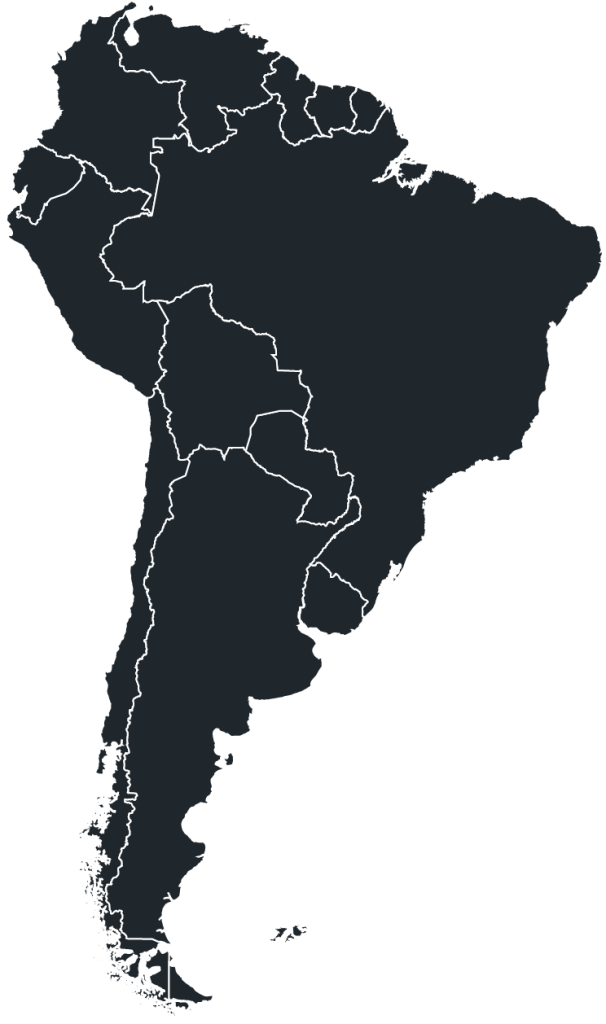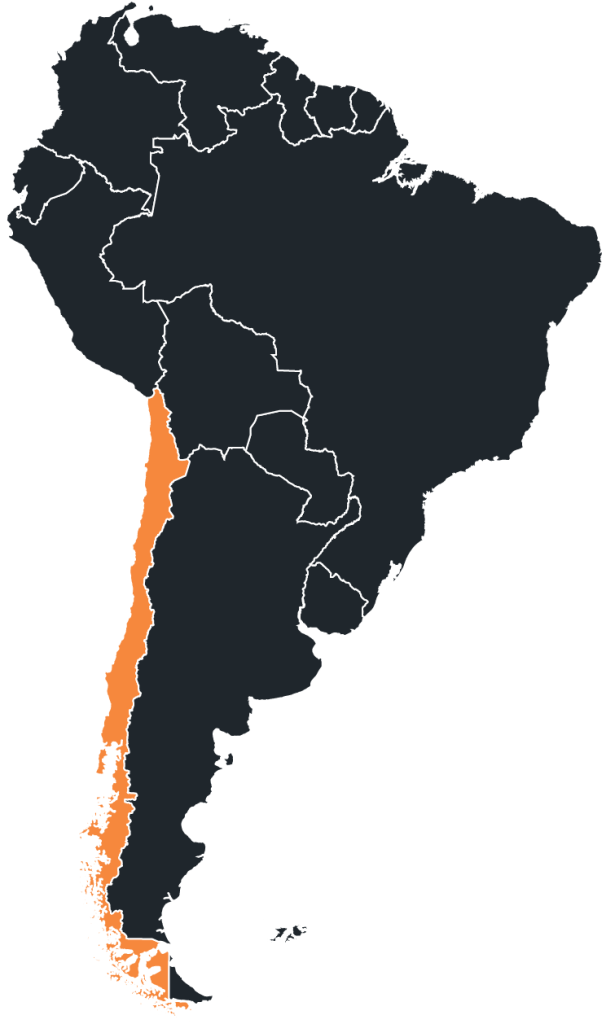

As the global population rises to 9 billion people in 2050 and economic development expands, the demand for seafood is expected to increase by 70%. Unfortunately, 32% of wild fisheries are already overexploited or depleted. Thus, the rising demand for seafood may be met by dramatic declines in seafood supplies if current levels of overfishing and habitat destruction continue unabated. Climate change is likely to further exacerbate these trends.
Sustainable management of fish stocks has the potential to restore ecosystems and increase global fish catch by an estimated 20%, expanding total protein supply and supporting global food security. Moreover, unlike chicken, pork, or beef, wild seafood production requires no land and minimal fresh water, and results in the smallest amount of greenhouse gas emissions of any major animal protein. In fact, we believe that if we restore the world’s fisheries and choose to fish our oceans in a responsible manner, we have the potential to provide 700 million seafood meals a day.
Encourage Capital is developing a strategy to invest in companies and projects that promote sustainable seafood production, strengthen global food security, and support coastal communities and ecosystems.
Visit the website Investing for Sustainable Global Fisheries
Please download Investing for Sustainable Global Fisheries: Executive Summary
More than 85 percent of the world's fisheries have been pushed to or beyond their biological limits and are in need of strict management plans to restore them. – World Wildlife Fund
Encourage Capital has worked with support from Bloomberg Philanthropies and The Rockefeller Foundation to develop an in-depth case study of an impact investing strategy supporting the implementation of sustainable fishing improvements in artisanal fisheries in Chile. Working with local fishery stakeholders, seafood businesses, technical advisors, and NGOs, Encourage Capital has developed an impact investing strategy designed to support artisanal fishing communities in Chile.
The common hake has historically been Chile’s most economically and culturally significant fishery, supporting as many as 7,000 fishers at its peak with a biomass of over a million tons. Over the last 100 years, the fishery has experienced a cyclical pattern of extreme abundance and then overfishing-driven depletion. This pattern was punctuated by two major collapses in the 1960s and early 2000s. The most recent collapse in the early 2000s is widely attributed to the combination of overfishing and predation by jumbo squid. Ten years following this collapse, the stock remains at 5-15% of its potential sustainable yield, with the average size of individual fish falling by more than 10cm on average.
We believe that there is an opportunity to reduce hake fishing effort, especially illegal fishing activities, by creating a supply chain that prohibits illegally caught fish and rewarding fishers for sustainable and legal fishing practices, resulting in the restoration of fish stock biomass, the enhancement of fisher and fishing community livelihoods, and an increase in the number of seafood meals produced in support of local and global food security.
Please download our report, Investing for Sustainable Global Fisheries: Full Report